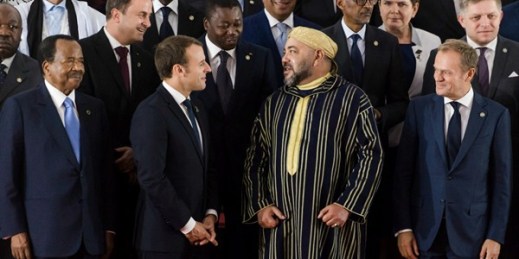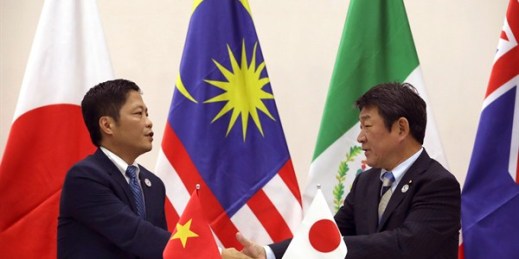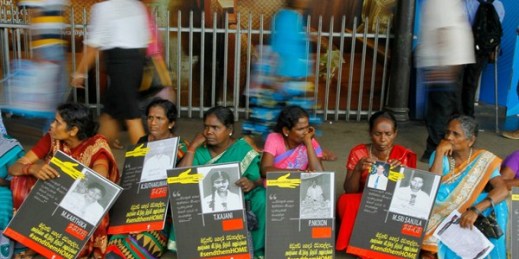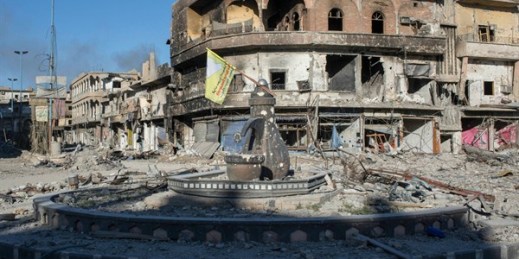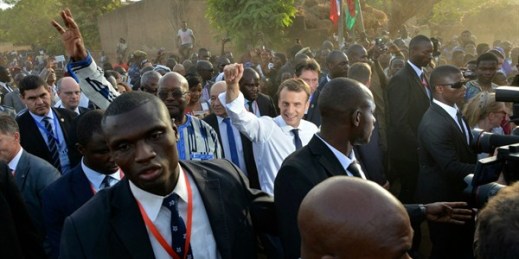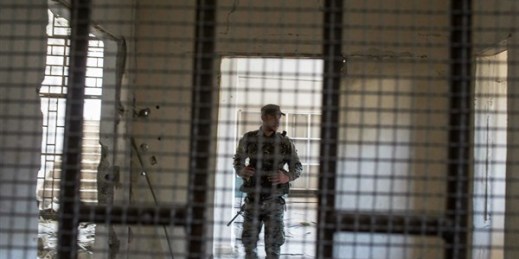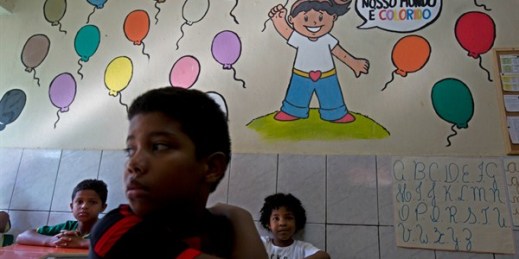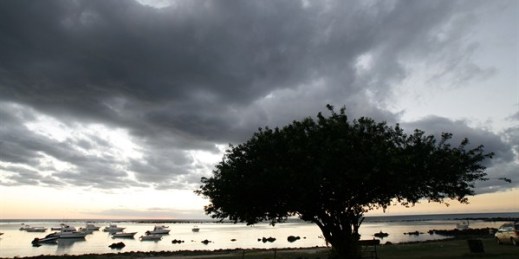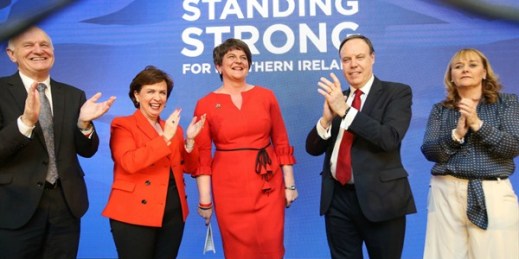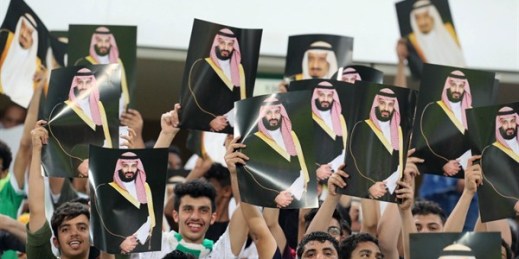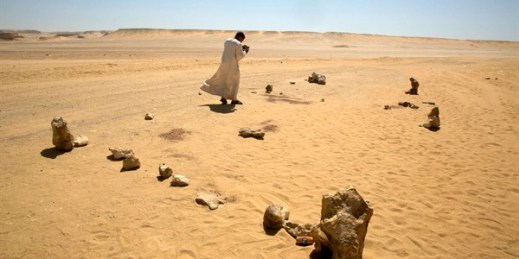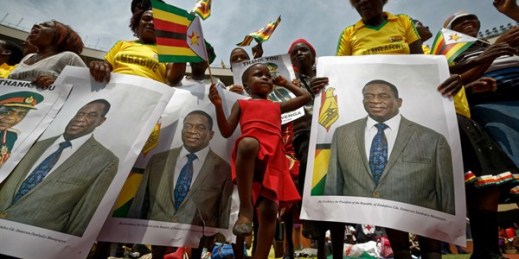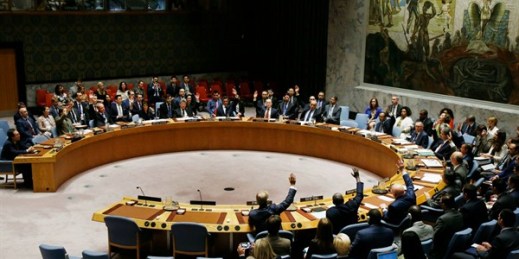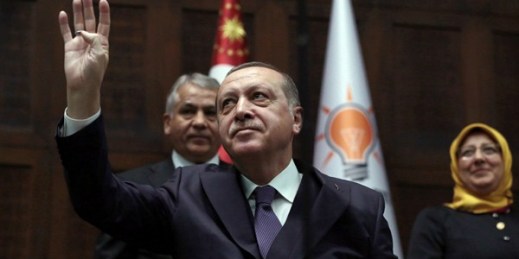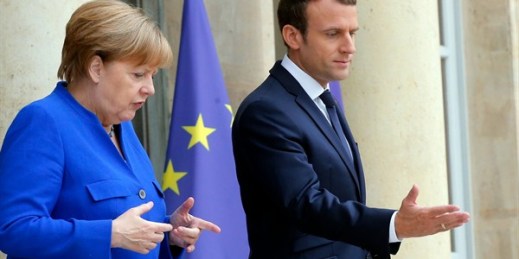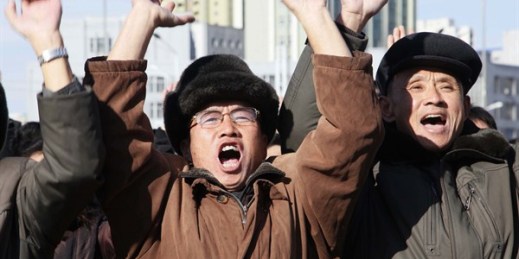
After a two-month lull in activity, North Korea on Tuesday successfully tested its largest and most powerful missile to date, which it claims puts the entire U.S. mainland in range. Washington responded by calling for all countries to sever diplomatic and economic ties with Pyongyang, and vowed to further ramp up sanctions. Amid fears that the U.S. and North Korea are inching closer to war, WPR has collected 10 articles examining what options remain on the table—and if any can lead to a way out of the crisis. Purchase this special report as a Kindle e-book. Kim Builds an Arsenal […]

